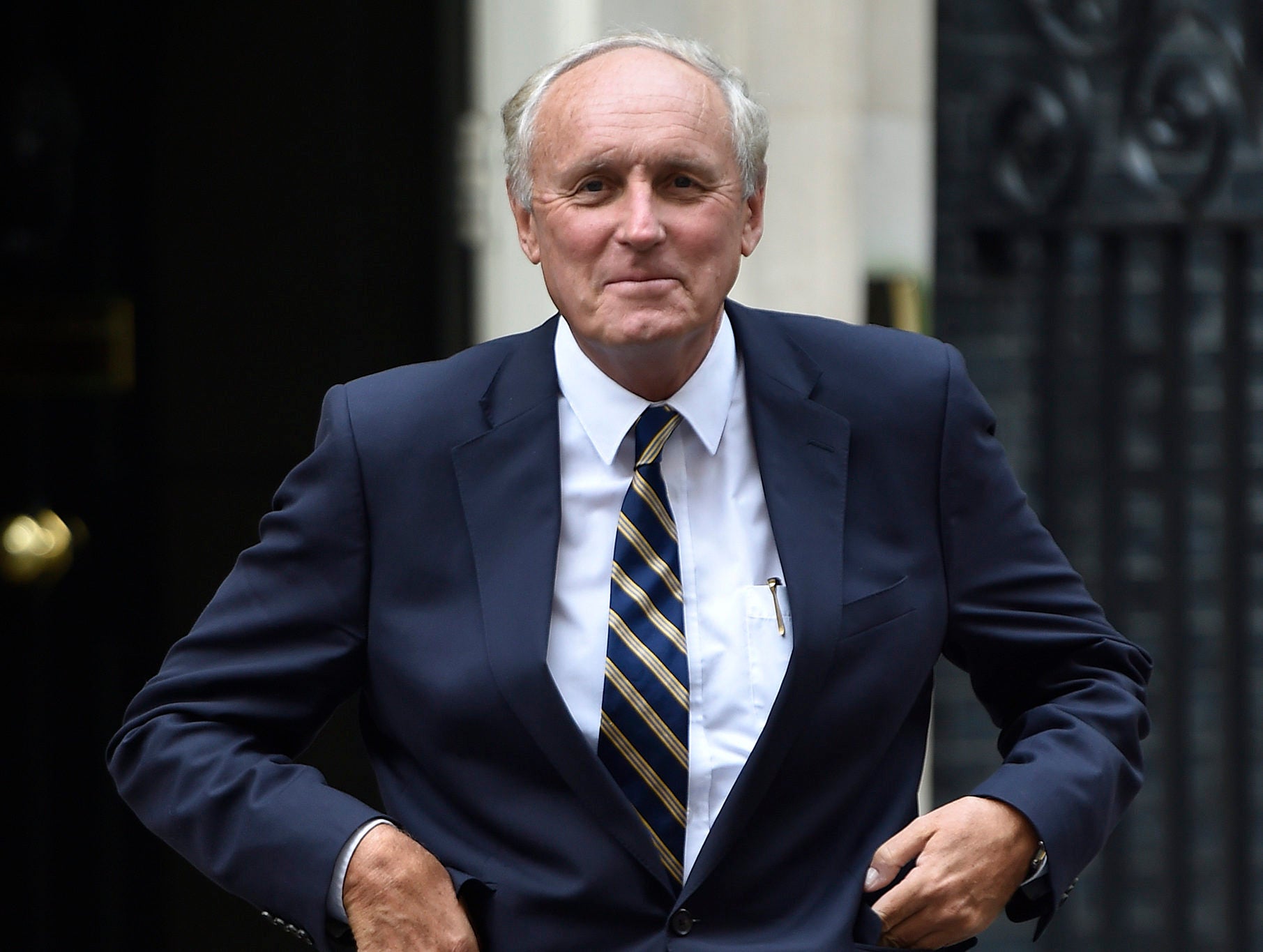
Former Daily Mail editor Paul Dacre has blamed the “toxic hatred of Brexit that is so palpable among the people who really run this country” for his decision to pull out of the contest to chair broadcast regulator Ofcom.
Writing for The Spectator, Dacre said that he had hoped to use the Ofcom position to “help prevent paedophiles, hate preachers and terrorists exploiting the internet, protect young vulnerable minds from emotional manipulation, eradicate the malicious trolling of individuals… eliminate fake news and preserve freedom of speech”.
Despite promises to the contrary that he alleges were made by Boris Johnson, Dacre said: “It was soon apparent that I couldn’t appoint my own chief executive. Or take people with me. And as all the key positions at Ofcom are chosen by ‘independent’ panels, the chairman’s role is heavily circumscribed.”
Dacre, whose 26-year tenure as Mail editor came to an end in 2018, also outlined numerous issues he has with the forthcoming Online Safety Bill, as well as the BBC and its relationship with Ofcom.
The bill, Dacre said, “is a dog’s dinner. There aren’t enough lawyers in the cosmos to define ‘legal but harmful’ content”. Moreover, he added that “the real problem is the insidious anonymity behind which the web’s malfeasants skulk — an issue that, despite the civil-rights implications, is going to have to be addressed”.
Dacre described the BBC as “a magnificent British institution, [which] needs saving from itself” because of “a bloated bureaucracy and an obsession with tick-box political correctness is diluting both its creativity and its relevance to millions of Britons outside the M25”.
“But by Jove, Ofcom is partial to interfamily relationships, packing its ranks with former executives from the very BBC it’s meant to regulate,” he said.
“The on-demand streaming juggernauts are revolutionising the way we watch television, posing an existential threat to the BBC.
“And Ofcom, the body that advises the government on the future of the Corporation? It conducts laborious public consultations on what people want from the BBC, seemingly oblivious to the speed of this revolution.
“And yes, dear reader, naive twit that I am, I said all this to the [Ofcom] interview panel which conceded that, though I performed well and had a strong grasp of technological issues, I possessed strong convictions that were incompatible with being an independent chairman.”
After his rejection, the Ofcom chair selection process was re-opened, allegedly to allow him to re-apply for the role. Dacre pulled out of the running to be Ofcom chief last month, however.
“Despite pleas from No. 10 and countless senior Tories, I decided that the toxic hatred of Brexit that is so palpable among the people who really run this country meant I would not be able to do justice to myself, or Ofcom or the public it’s meant to serve,” he said.
Responding to accusations of cronyism over the re-running of the Ofcom competition, Dacre said “though I admire him for getting Brexit done, I am not a buddy of Boris’s”.
Referring to his reappearance at Mail publisher DMG Media only three weeks after departing the company, Dacre said: “I have decided instead to do a job I’m passionate about with a group of newspapers I love.
“The Mail’s great campaigns, that really do make a difference, are anything but risk averse.”
The past two months have been busy times at Mail headquarters Northcliffe House, having seen the departure of Daily Mail editor Geordie Greig after three years at the helm, the installation of Mail on Sunday editor Ted Verity as editor of both the daily and Sunday titles, and the sudden resignation of Mail Online architect Martin Clarke last week.
Picture: Reuters/Toby Melville
Email pged@pressgazette.co.uk to point out mistakes, provide story tips or send in a letter for publication on our "Letters Page" blog
